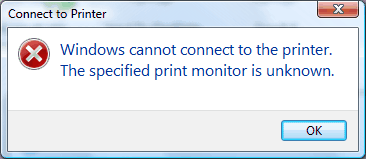The heat-ray gun previously discussed on Slashdot back when it was first certified for use by the US Military in Iraq against civilians and rebels has been officially unveiled. The “millimeter wave” technology it uses causes the skin and body tissue to react in a way similar to that of being exposed to extreme heat – without the temperature. It’s being released as a “highly effective nonlethal crowd-control system;” whatever that means.
 The “heat ray” is mounted on a Humvee or other vehicle, and has a range of up to 500 meters – which is 1,650 feet or one-third of a mile – that’s a long way.
The “heat ray” is mounted on a Humvee or other vehicle, and has a range of up to 500 meters – which is 1,650 feet or one-third of a mile – that’s a long way.
The only problem is, this “non-weapon” hasn’t been tested by anyone other than the military. Needless to say, it’s not FDA-approved, nor is it likely to give it’s creators the Noble Peace Prize. The military claims its safe, and only the military will ever be in a position to find out – at least so long as it’s deployed in Iraq and the Middle East, and not back at home.
How long before this becomes standard riot-squad gear? How long until it can be inconspicuously mounted mounted on the back of that Ford Explorer used by the local police department? And the biggest question of all: how long until we find out what this really does to the human body, and just how many previously-unknown ailments it can produce. After all, all that energy has to go somewhere, and if it’s not a visible burn (according to the military, that is), where does the damage appear?
With these kinds of “tools,” the damage is usually long-term. Who knows, in 10 years from now everyone ever shot at with this thing could experience some severe form of cancer or even something worse and never-before-seen – but the Military isn’t waiting. Just like a child on Christmas, they have their new toy, and they’re not waiting to read the instruction manual, they just want to have fun!

 The “heat ray” is mounted on a Humvee or other vehicle, and has a range of up to 500 meters – which is 1,650 feet or one-third of a mile – that’s a long way.
The “heat ray” is mounted on a Humvee or other vehicle, and has a range of up to 500 meters – which is 1,650 feet or one-third of a mile – that’s a long way.

